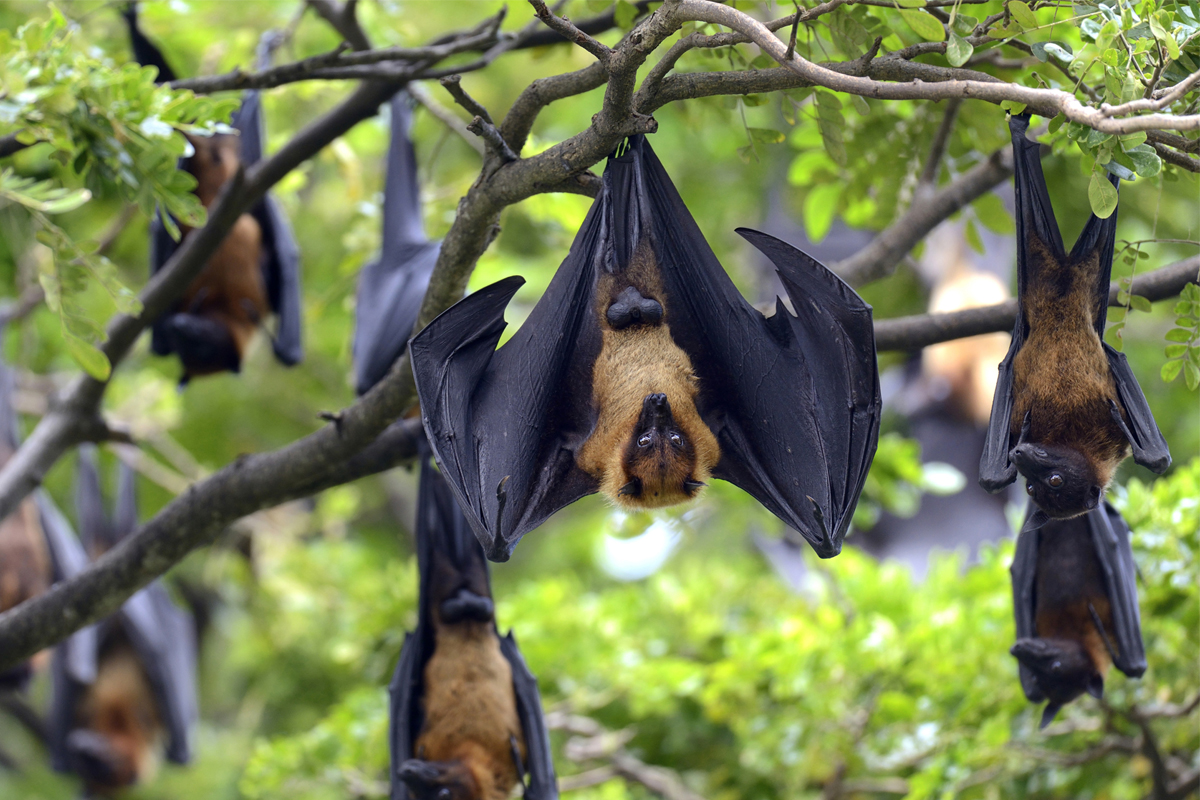The Muzaffarpur Litchi is known for its quality and taste and is usually in great demand in the district markets but with the outbreak of litchi fever ( Japanese encephalitis) in the neighbouring Bihar, it has created a panic among the litchi lovers.
There are no takers for litchi, so much so that the litchi supply from Muzaffarpur in the district market has been snapped. The wholesale suppliers of litchi have incurred a huge loss since at present there is no demand for litchi in the market.
Advertisement
The Serampore IMA, taking serious note of the growing panic among the common people, specially those have very recently consumed Muzaffarpur litchis, has called for launching an awareness programme on Japanese encephalitis, discussing about its cause, origin, its symptoms and its preventive-supportive therapy. Many deaths of children due to encephalitis have been reported in Bihar and other areas where litchis are cultivated.
There is a suspected link between litchi plantation and acute encephalitis. According to medical experts, from previous studies, fruit bearing litchi trees attract bats which feed on the fruit; bats carrying the encephalitis virus contaminate the fruit with saliva, which carry the virus.
Children affected by Japanese encephalitis usually show symptoms of fever, seizures, vomiting, meningeal signs, altered mental status or even coma; in some cases limb paralysis is also noticed.
Dr. Pradip Kumar Das said the supportive therapy for Japanese encephalitis should be promptly initiated. To bring down high fever, head wash, bathing and sponging is advised; paracetamol should be taken as per doctor’s prescription; to stop the attack of convulsion, anti convulsion drugs or injection may be administrated, and anti viral medicines also come to use sometime.
The Japanese encephalitis vaccine can be administrated from the age of 1 year to 14 years of age.











